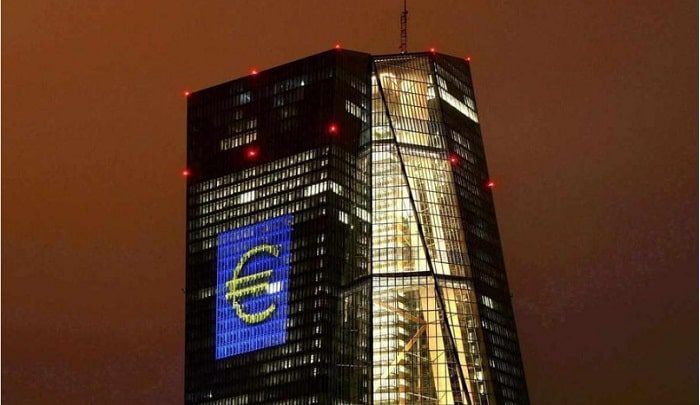The very lucrative pay rise that is secured by Germany’s public sector employees may very well complicate the European Central Bank’s fight when it comes to inflation, as per analysts. The proposed deal is going to help Europe’s largest economy, with 2.5 million employees, with a 5.5% permanent increase in 2024. This is going to be on top of one-off payments in the next twelve months to help them take care of the cost of living, which has been rising steadily.
The step is indeed going to set a significant precedent when it comes to other pay talks and, in fact, could go on to threaten the ECB’s anticipation of wage growth peaking this year, which is a way to underpin its expectations for euro zone inflation to come back to the 2% target of the central bank by the middle of the decade.
According to Dirk Schumacher, one of the economists, the permanent rise next year may go on to raise some eyebrows within the ECB, as wages were anyway going to peak in 2023.
Gilec Moec, who happens to be the chief economist of one of France’s insurance majors, says the deal is indeed very dangerous. Mark Cus Babic, another economist with a major bank, opines that this step can prominently increase average wage growth.
The ECB forecasts that wage growth in 20 nations that are using the euro as a currency for monetary exchange will average 5.3% in 2023 before dipping to 4.4% in 2024 and further going down to 3.6% after that.
However, the ECB’s account of the March meeting goes on to suggest that this forecast has already been challenged by some of the policymakers as being too kind when it was presented in front of them.
Holger Schmieding, a chief economist at a leading corporate finance and advisory firm, suggests that the German deal has given the policy hawks across the ECB yet another reason to raise the key rate minimum twice more and also not rule out the new 50 basis point move.
Apparently, the ECB is widely anticipated to raise rates by one-fourth of a percentage point in the coming week, thereby slowing the tightening pace because of ongoing uncertainty concerning the financial sector and lagged effects that are a result of past surges in borrowing costs.
Other economists opined that the German public sector pay agreement followed a trend of falling real wages as and when prices grew at a brisk pace as compared to salaries. A former ECB economist, Marcel Fratzscher, estimated that the deal is going to leave public sector workers with a 6% dip in purchasing power by the end of 2025, hence assuming 6% inflation this year and 3% next year.
He added that all this would mean that it will possibly take at least another 5 years for public sector wages to overcome this loss when it comes to purchasing power and also let employees have the standard of living, they used to have in 2021.






















